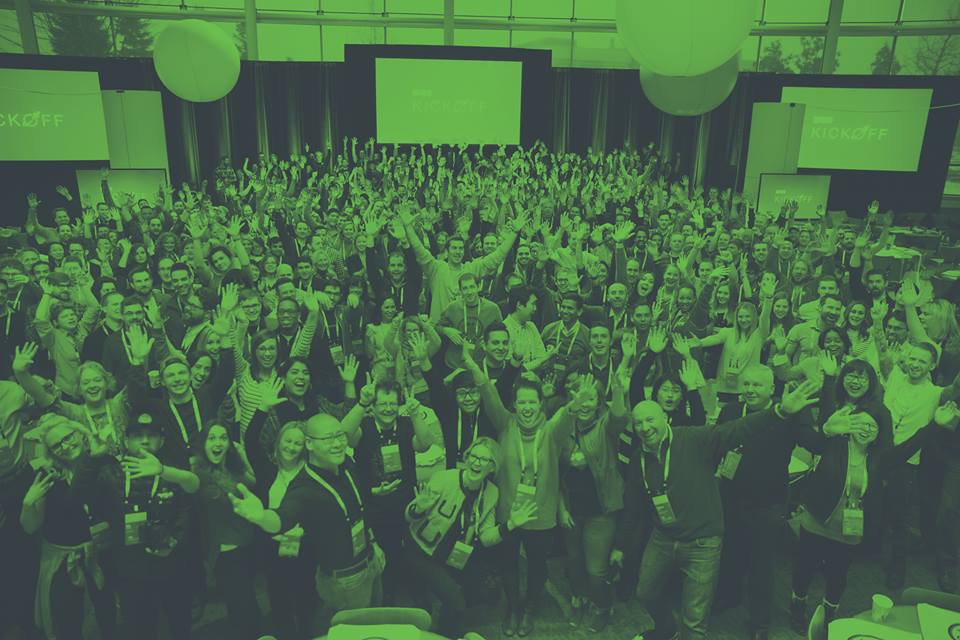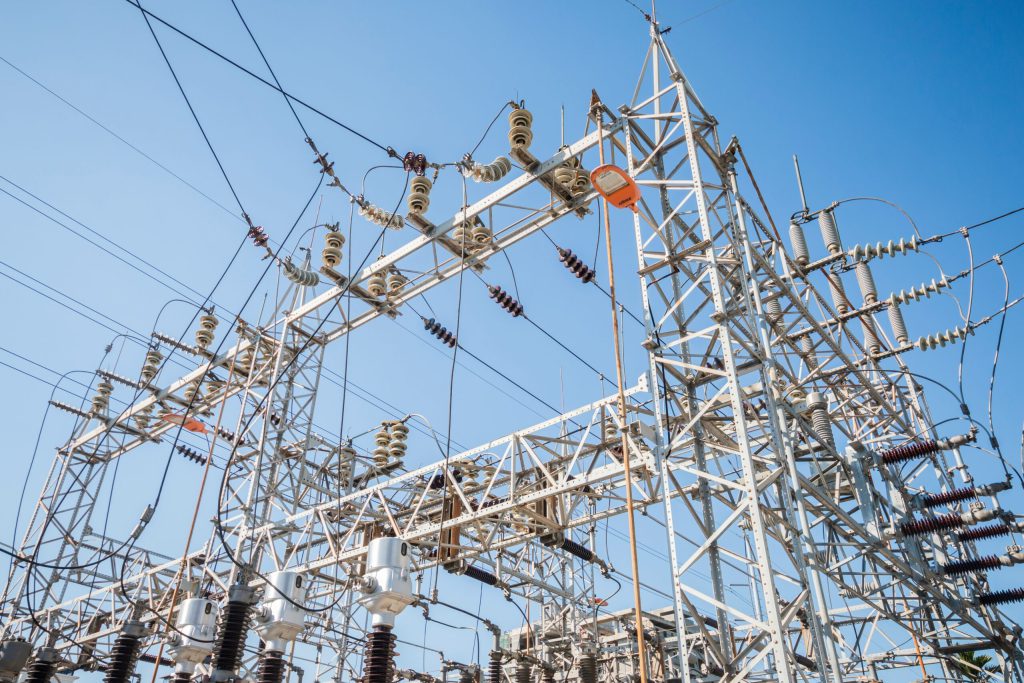History has consistently demonstrated shifts in labor, such as the UK’s industrial revolution. The Midwest is ready for a change and renewable energy has the green light to go ahead, and there are now twice as many solar jobs as coal jobs in the US. According to a recent report produced by Environmental Entrepreneurs, there are nearly 600,000 clean energy jobs in the Midwest. To put this into perspective, “There are twice as many people with clean energy jobs in the Midwest than computer programmers in the entire country,” said Environmental Entrepreneurs spokesman Gail Parson to The Blade. The Midwest is consistently gaining attention as a burgeoning scene for startups, however, these figures demonstrate how far ahead in green energy it is, and the promising opportunities it brings with it. Just recently, St. Louis committed to 100% renewable energy by 2035. Sara Edgar, a member of Missouri’s Sierra Club, America’s largest and most influential grassroots environmental organization, stated in The Huffington Post, “This is us saying, ‘Hey, we want to put our residents to work in good, safe, local jobs.'” She added, “It can be a win-win for everyone. We can protect health. We can improve air, we can improve water. We can address climate change. We can save people money on their bills. Why wouldn’t we be moving in that direction?”
In the same article, St. Louis city lawmaker Lewis Reed explained his stance on green energy, given the president’s interest in saving coal. He said, “Some of the things that Donald Trump has done since he became commander in chief just goes against everything that I stand [for], that the people of St. Louis stand for. It certainly adds to the urgency and [shows] how critical it is that we do something locally.”
Despite Trump’s desire to create “so many energy jobs,” by clinging onto the past, there is the potential for this golden opportunity (or should we say green) to slip through the Midwest’s fingers. The world-famous entrepreneur Richard Branson has advocated a focus on shifting traditional energy jobs towards renewable energy, highlighting the UK as an example. He stated to Yahoo Finance, “Coal mining is not the nicest of jobs, and coal mining disappeared in Britain many decades ago, and pretty much every single one of those coal miners went into jobs which were far more pleasant, far less dangerous, far better for their health, and I doubt that there’s one coal miner that looks back thinking, ‘God, I wish I was down in a coal mine.'” Energy is not the only industry dealing with a shift. As technology slowly approaches a world of autonomous trucks and self-serving checkout lines, more are turning towards jobs in high demand role, future-proofing themselves and their skill sets.

Cahlan Sharp









